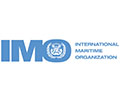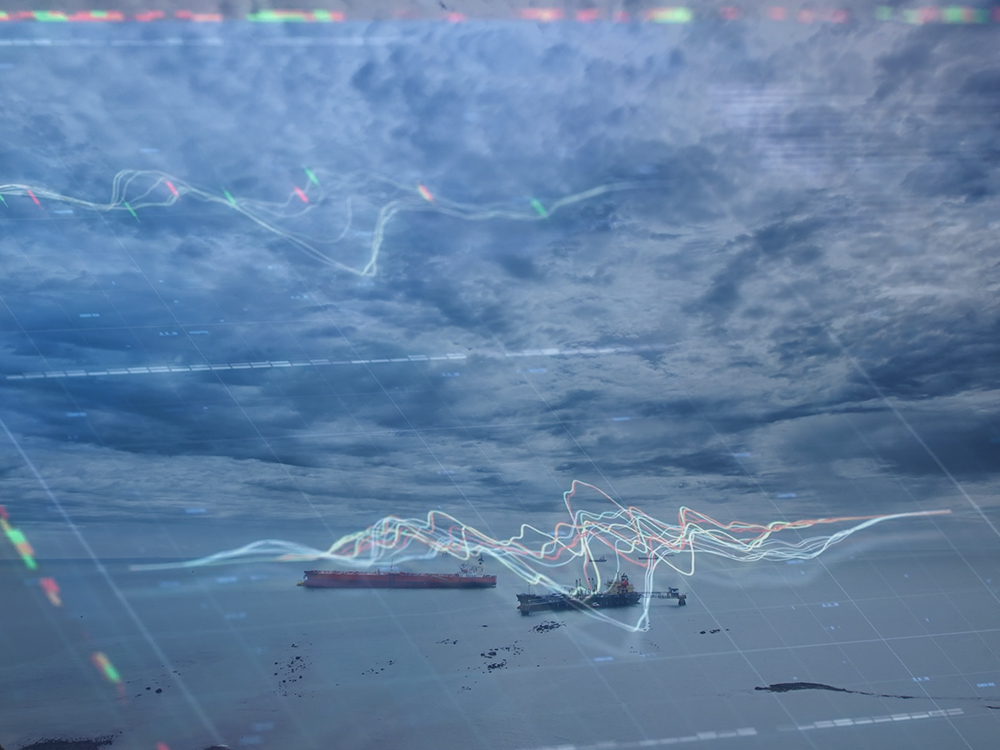
[ad_1]

‘Financing Options’ was the theme of the second IMO-EBRD-World Bank lead FIN-SMART Roundtable meeting (9 July). The FIN-SMART Roundtables provide a platform for regular dialogue among key maritime stakeholders on addressing the financial challenges related to the transition of shipping to a more sustainable and resilient future.
The second meeting (Workstream 2), which builds on the progress of the previous roundtable that focused on investment needs, was attended by 54 participants from partnering countries and International Financial Institutions (IFIs), Industry Associations and other relevant key stakeholders/UN Agencies (including UNEP FI United Nations Environment – Finance Initiative – Partnership between United Nations Environment and the global financial sector to promote sustainable finance (unepfi.org)).
IMO’s Head of Project Implementation, Gyorgyi Gurban, said: “IMO has a role to support all its Member States, such that there are no countries left behind on the journey to decarbonization. These roundtables offer a valuable platform for knowledge sharing and technical collaboration that will help level the playing field for developing countries.”
The meeting addressed the financial constraints and opportunities of maritime decarbonization, with a focus on developing countries, LDCs and SIDS. The discussion showcased the importance of addressing the lack of maritime information and awareness on the part of key global decision makers, including in governments and financial institutes when constructing their national strategies to address carbon emissions. This is particularly an issue when it comes to the capacity building needs of developing countries LDCs and SIDS. These countries need to be assisted with identifying and accessing available grants, as well as through developing proposals that are attractive to investors.
Senior Sustainable Transport Specialist for the World Bank, Andrew Losos, said, “Maritime transport is an essential development issue, particularly for small island developing states and the least developed countries. The decarbonization of the sector represents a major opportunity for investment which, under the right conditions, could bring significant benefits to developing countries. For that reason, the World Bank is pleased to co-sponsor these FIN-SMART Roundtables and help find ways to finance the shipping sector’s global transition to a zero-carbon future.”
EBRD Acting Director of Green Economy & Climate Action, Gianpiero Nacci, said: “IFIs can play a substantial role in designing green financial products which blend donor funding with commercial finance. This can help offset early movers’ risks associated with the decarbonization of shipping industry and mobilize private capital.”
The meeting highlighted the importance of scalable pilots, the need to address investment risks in SIDS and LDCs through the provision of technical assistance, and how multilateral climate/green co-finance instruments are vital for offsetting the risks and costs involved with launching projects in developing countries. The financing challenges and opportunities in these countries, particularly regarding creating infrastructure for the use of new maritime fuels, as well as the decarbonization of ports and small ship operators were also discussed.
The outcomes of Workstreams 1 and 2 will feed into a High-Level FIN-SMART Roundtable meeting on 14 September 2021 that will inform decision makers on various issues and opportunities identified during the course of the technical discussions. The attendees, who are expected to be key decisionmakers, will be presented with proposed solutions to address the challenges in securing investments in decarbonization projects.
Source: IMO
[ad_2]
This article has been posted as is from Source